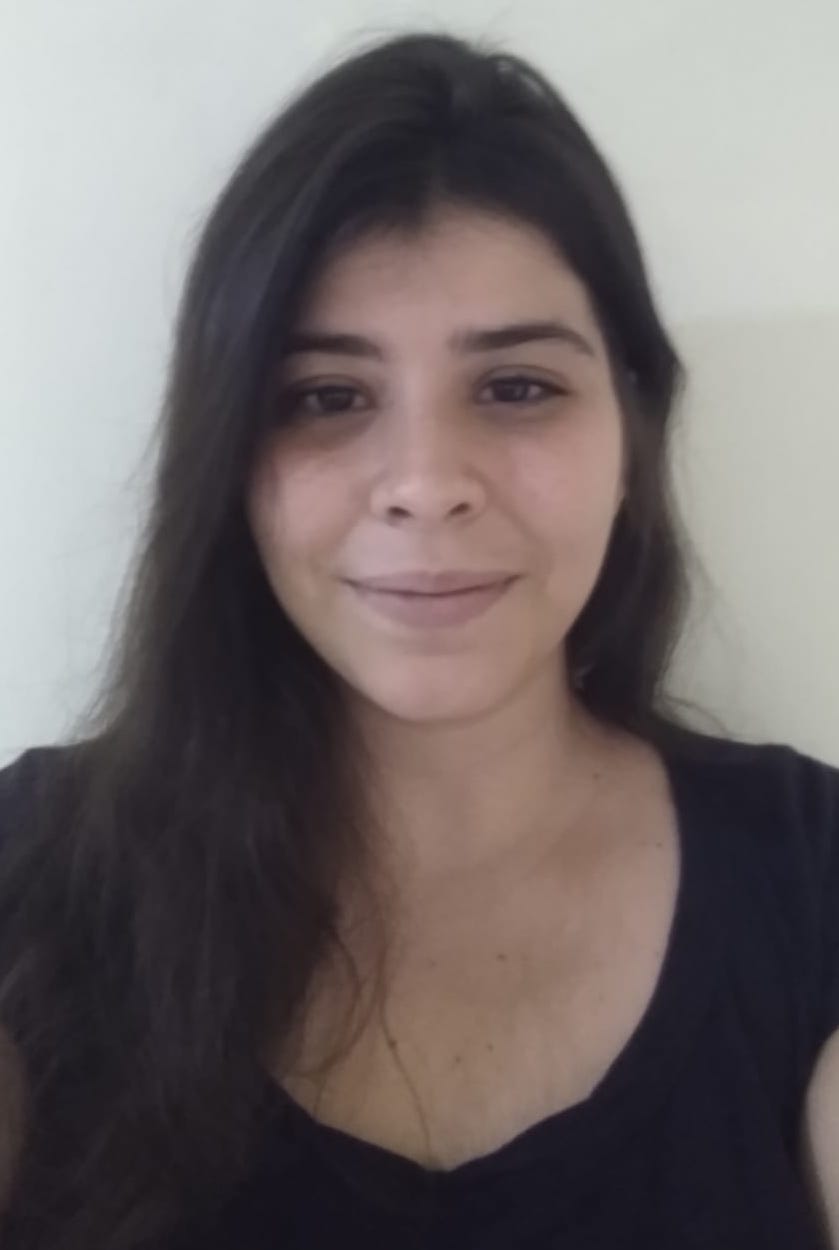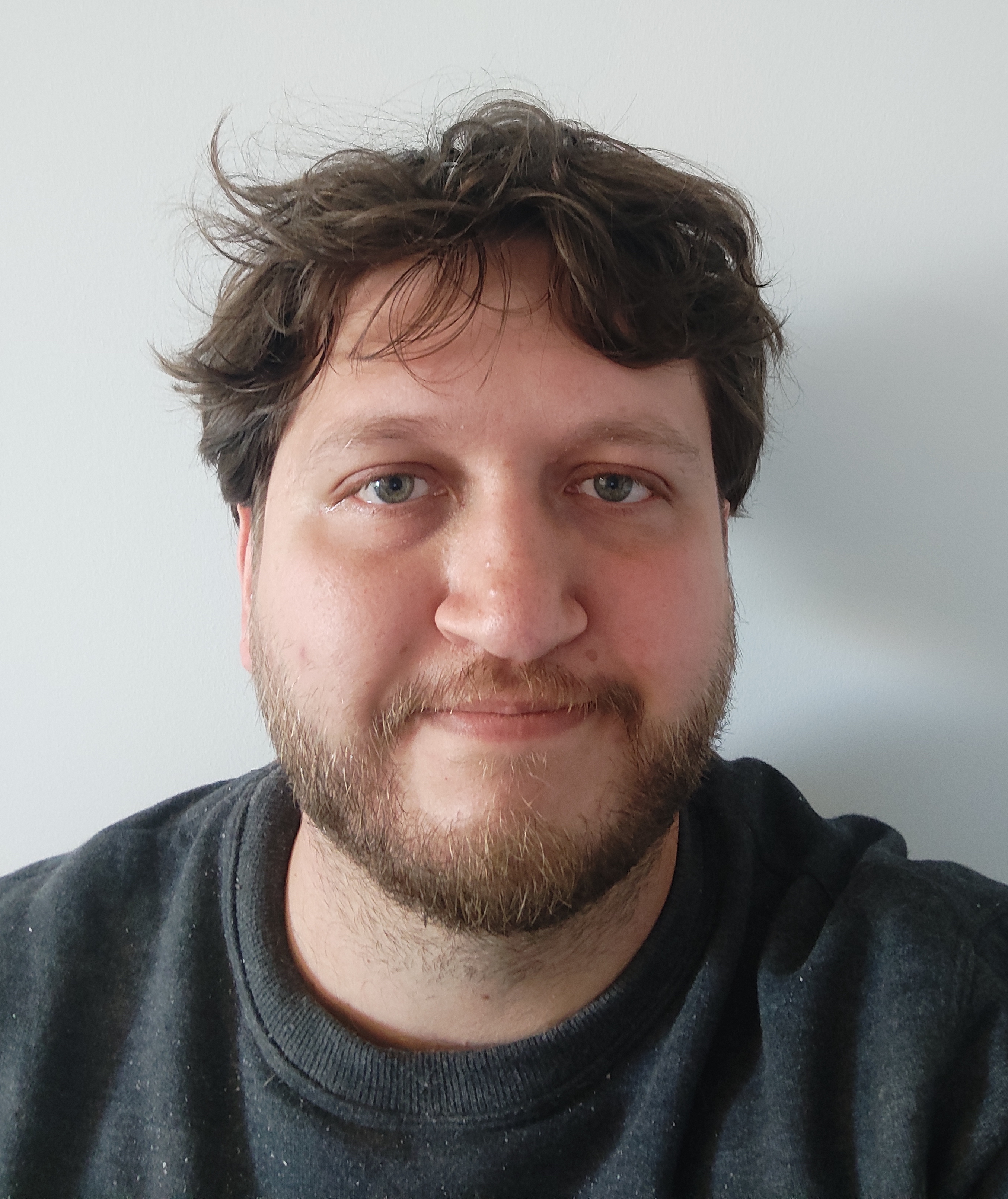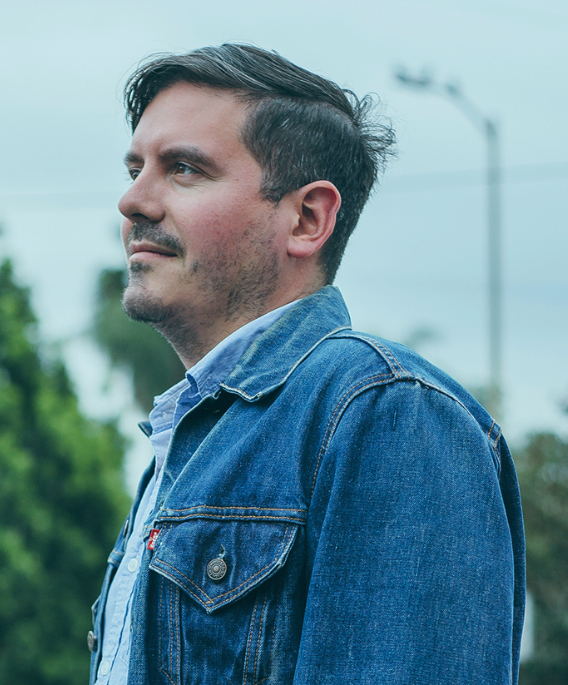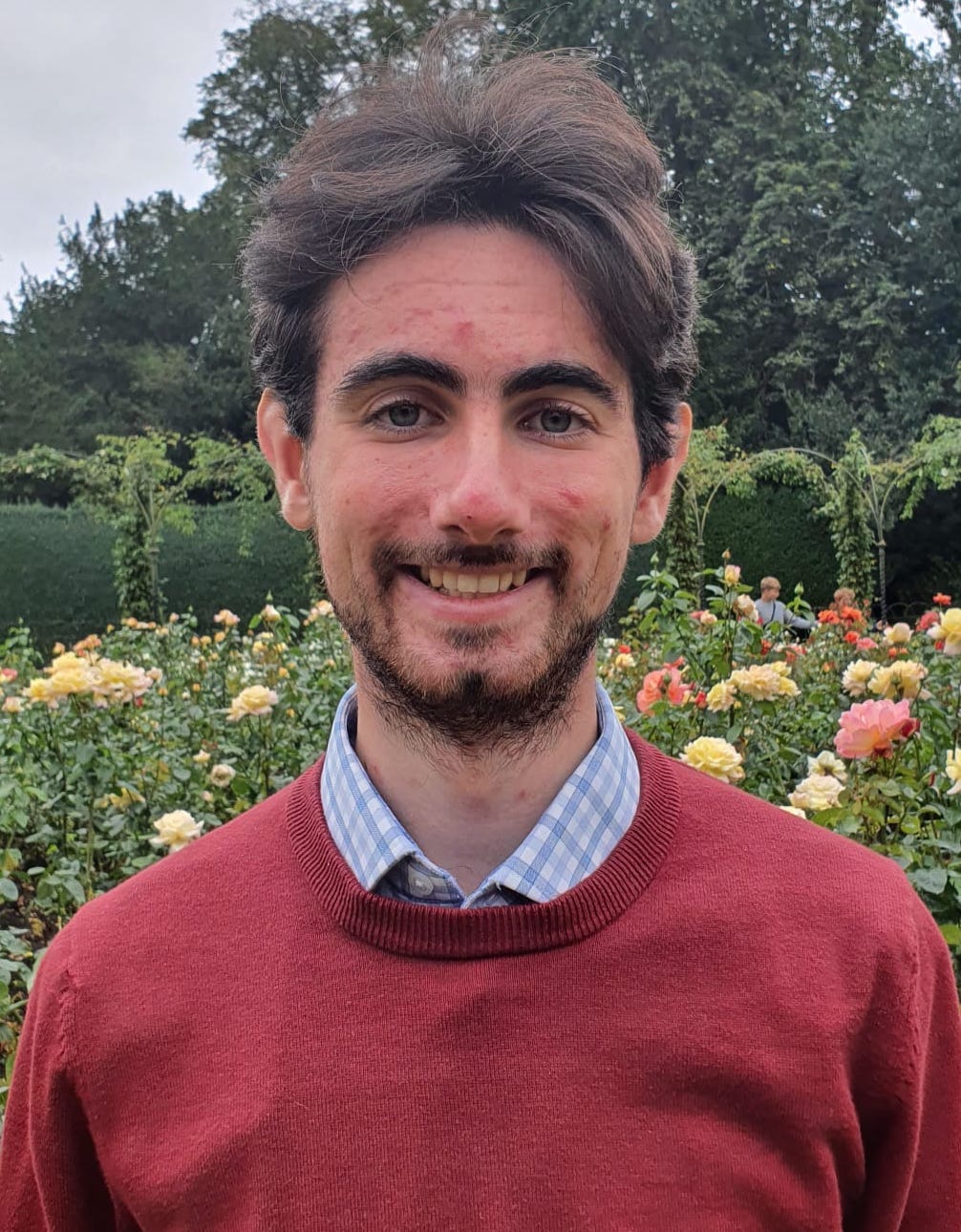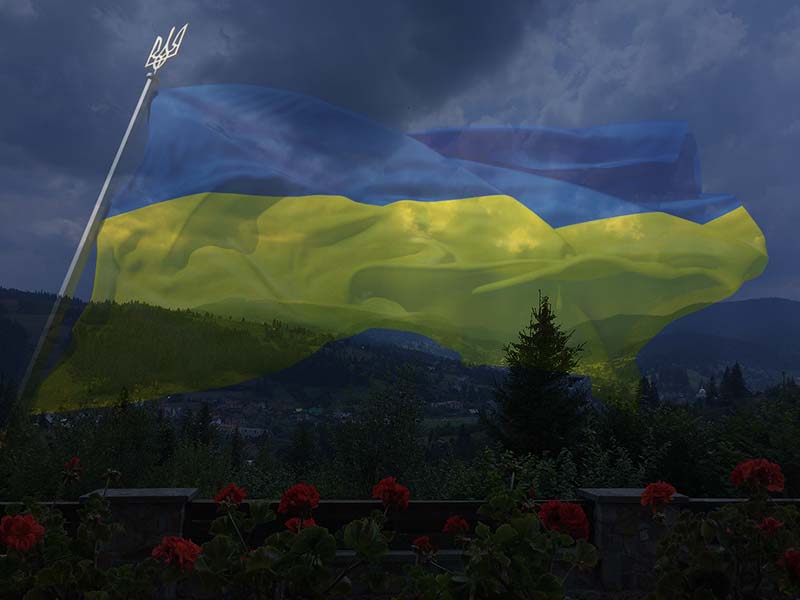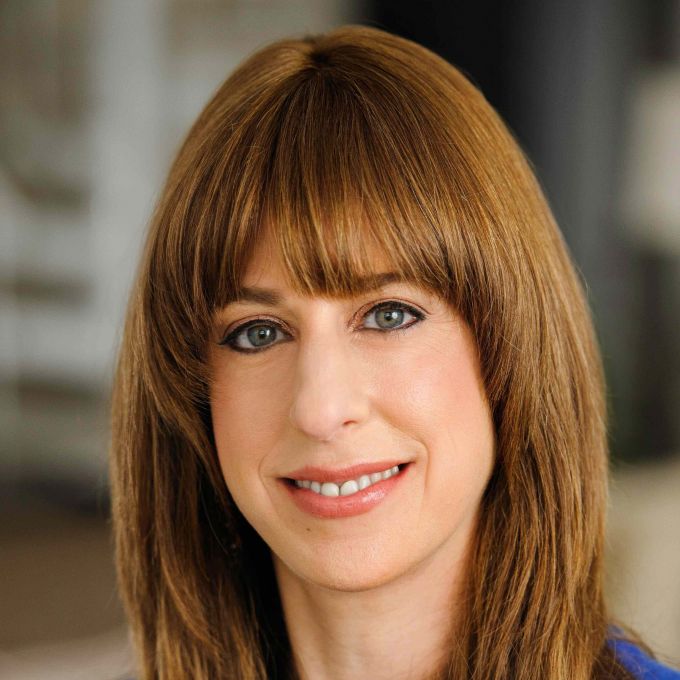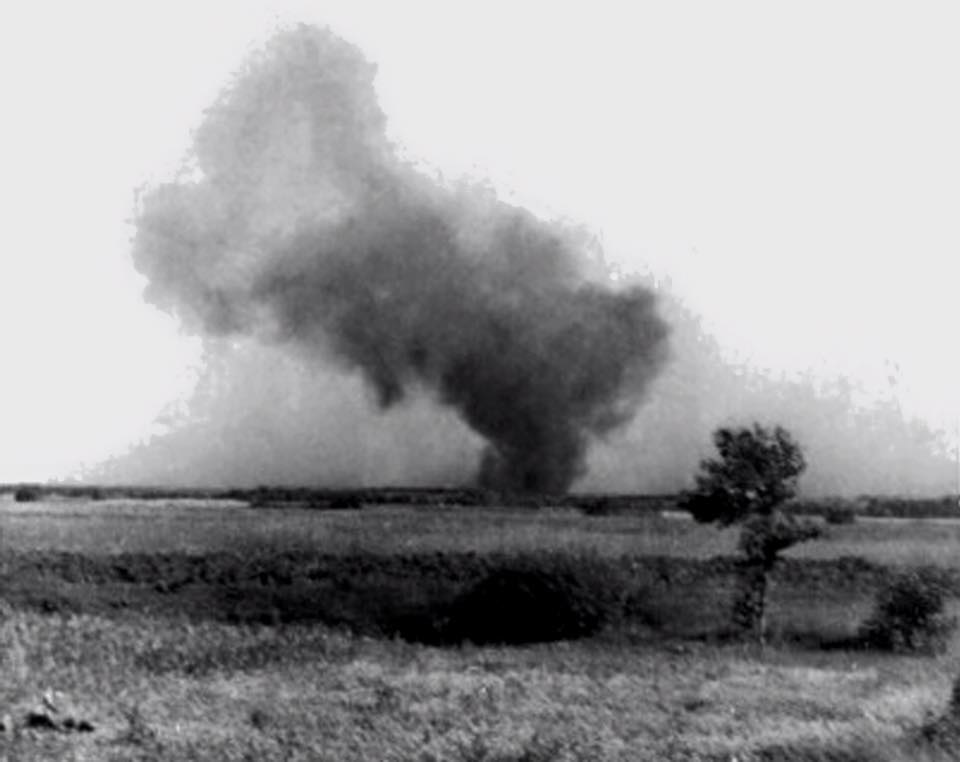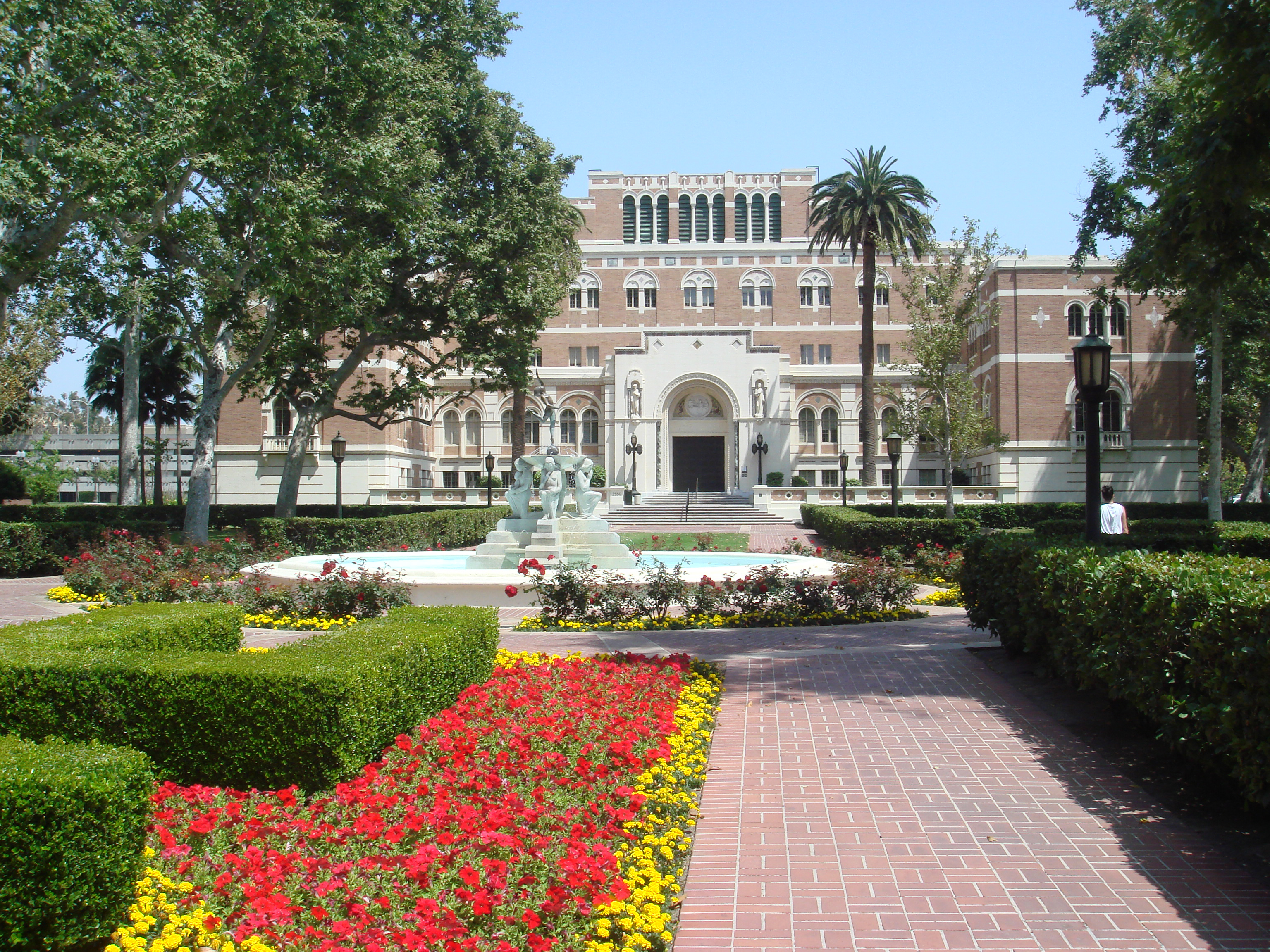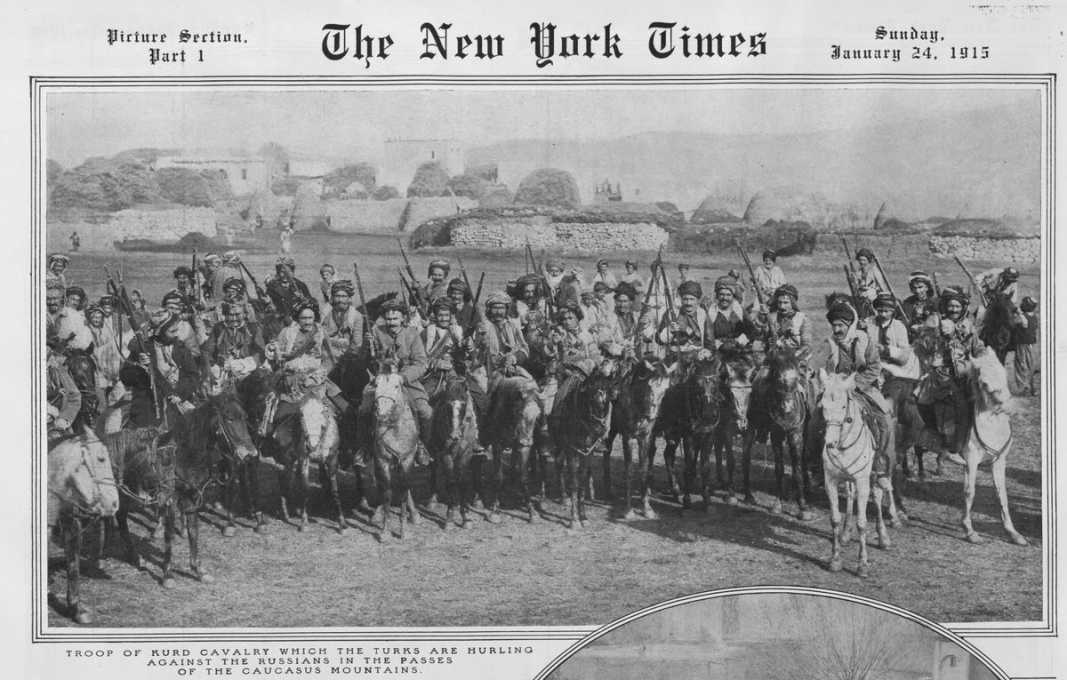Opinions
Reflections on Resistance and Roots of Research
In this blog, the Center's 2022-2023 Greenberg Research Fellow Raíssa Alonso reflects on resistance and the roots of her research.
Brazil has had a complicated political past. When you learn…
Friday, May 5, 2023
Presence and Possibilities of Play?
In this blog, Center visiting scholar Robson Bello discusses his focus on play during his month of research.
The Dutch historian Johan Huizinga, in his important book Homo Ludens, defined …
Thursday, May 4, 2023
Flight Decisions
As a novelist, I am fascinated by decisions. Choice, real or imagined, is what separates tragedy from mythology. Decisions, always made with incomplete understanding, shape the arc of lives and…
Tuesday, May 31, 2022
Hidden in the Archive: An Unknown Leaflet from a Jewish Aid Organization in 1948
In the Special Collections at the University of Southern California Libraries there is a book – large, heavy, and musty, it contains the names of thousands of Holocaust survivors who lived in the…
Friday, May 6, 2022
Ukraine under attack
We stand with our programmatic partners in both Ukraine and Russia who continue the hard work of building more tolerant communities by educating about the horrors of the Holocaust and the…
Thursday, February 24, 2022
The Belt
The young boy was walking down the street in Łodz, Poland, when he spotted the treasure. He could not believe his luck! He picked up the belt admiring its beautiful etchings and the decorative metal…
Wednesday, February 24, 2021
My Reluctant Encounter With the USC Shoah Foundation Visual History Archive
I never intended to spend months listening to Holocaust testimonies.
My name is Chaya Nove, I am a sociolinguist working on a doctoral dissertation about language change in Yiddish vowels…
Monday, November 30, 2020
Testimonies and Resistance at Treblinka: Reflections from 2020-2021 Breslauer, Rutman, and Anderson Research Fellow Chad Gibbs
My recent stay at the USC Shoah Foundation Center for Advanced Genocide Research has been one of the most rewarding experiences of my academic career. From the remarkable power and content of…
Wednesday, November 11, 2020
A USC student was told her Zionism ‘made her complicit in racism’ — Read the OpEd by Stephen Smith
Read our executive director's opinion in the Forward.
Thursday, September 3, 2020
Testimonies and the Socioeconomic Aspects of the Armenian Genocide: Reflections from 2019-2020 Junior Postdoctoral Research Fellow Mehmet Polatel
As a postdoctoral research fellow at the USC Shoah Foundation Center for Advanced Genocide Research in the 2019-2020 academic year, I carried out a research project focusing on the long-term impact…
Monday, August 31, 2020
